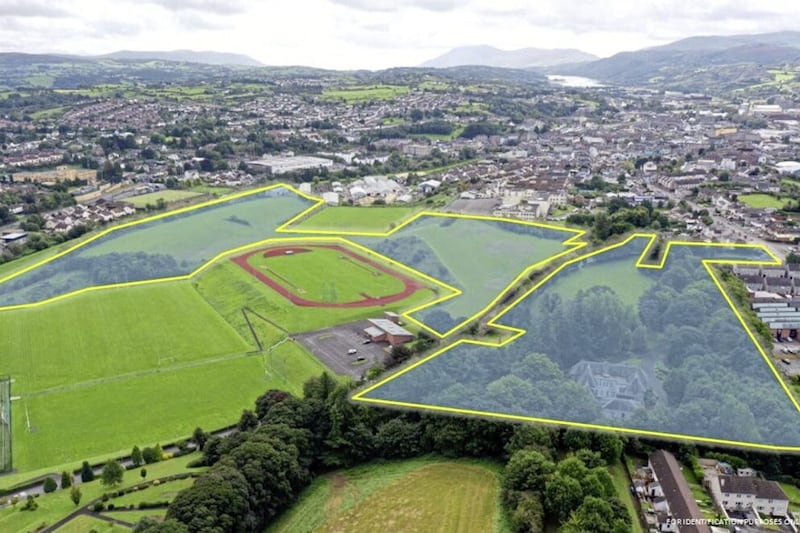IN 1934 Northern Ireland's first prime minister, Sir James Craig, told fellow MPs: "All I boast of is that we are a Protestant parliament and Protestant state."
A century on from the foundation of that state, he could surely not have imagined how much has changed.
At Stormont, unionism has lost its majority status, with a party whose core objective is a united Ireland holding the most seats and entitled to the post of First Minister.
Latest census results have now also confirmed that for the first time there are more people from a Catholic than Protestant background.
The historic and symbolic nature of this transformation cannot be underestimated.
Northern Ireland was designed to have a secure unionist majority, with only a third of the population recorded as Catholic in its first census.
That proportion has now risen to almost half, while the figure for Protestants has plunged from 66 per cent to less than 44.
Of course, religious background does not necessarily correspond to national identity but there too, the shifts have been seismic.
The section of the population identifying as 'British only' has fallen from 40 to 32 per cent in the last decade alone, while those describing themselves only as Irish has risen to 29 per cent.
Similar trends can be seen in numbers holding UK or Irish passports and will give further encouragement to the growing movement for constitutional change.
And it is there that the second part of the quote from James Craig is relevant.
Stating that the south had boasted of being a Catholic state, he said: "It would be rather interesting for historians of the future to compare a Catholic state launched in the south with a Protestant state launched in the north and to see which gets on the better and prospers the more."
While demography is an important indicator of how people might vote in a border poll, a range of other factors, not least economic opportunities and standard of living, will inform individual decisions.
On that count the south increasingly represents a more attractive prospect, with Brexit also having changed the dynamics of the debate.
It is now for those advocating for a 'new Ireland' to develop the case that the future lies in closer integration. Equally, political unionism will need to stop looking inwards and embrace a more diverse society if it hopes to maintain support for the status quo.
The census spells out in black and white that Northern Ireland is a Protestant state no more. Its future is still waiting to be written.








